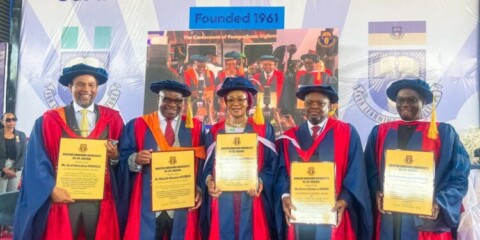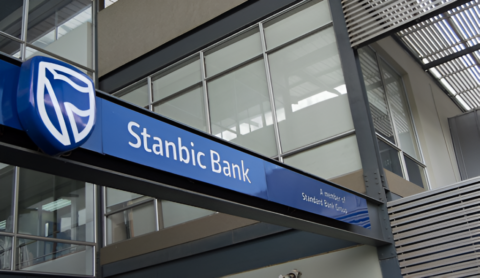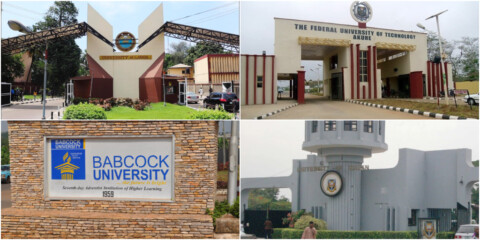The Universal Basic Education Commission, UBEC has pledged to, in line with Article 26 of the 1948 Universal Declaration of Human Rights on education, work towards increasing the rate of school completion at the primary and secondary level.
Stating this yesterday during her first meeting with management and staff of the commission, the new Executive Secretary, Aisha Garba, said the report from the United Nations Children Fund (UNICEF) is not encouraging, hence the need for a decisive measure.
She said: “According to UNICEF, the primary school completion rate for Nigeria was at 59 percent in 2020 for boys and 51 percent for girls. The secondary school completion rate is even lower, with boys at 42 percent and girls at 36 percent.
“These are figures we should all be concerned about if we are to build a successful and productive society; the reason we must hit the ground running to change this status of basic education in the country.”
Garba stated that to conquer the menace, multi-sectoral approach will be deployed to address the demand and supply-side barriers to basic education which has continued to exacerbate the challenge of out of school children.
She emphasized that key action plans would include the deployment of appropriate interventions, use of technology, construction of critical infrastructure and the upgrading of school facilities.
On another level, she said the commission would work with local government education authorities and community stakeholders in expanding access to basic education in rural, disadvantaged and hard-to-reach jurisdictions, as well as work closely with state governors to increase the uptake and utilisation of the UBEC matching grants through strategic partnerships and engagement.
“We will ensure the integration of children with special needs, promote education for the girl-child, and work with relevant partners to make schools safe and conducive for learning.
“We will work collaboratively with Ministries, Departments and Agencies, Commissions and Development Partners on reforms and interventions to increase access and significantly reduce the high number of out of school children in Nigeria,” she said.
In teaching, she said appropriate instructional materials that fully aligns with curriculum and improve foundational learning for early grades would be a priority as well as training programs that equip teachers with up-to-date technology, innovative teaching and pedagogical practices that will ensure that teachers are well-prepared to inspire and educate the next generation.
Garba added that the commission will work closely with states to domesticate the “Discrimination Against Persons with Disabilities (Prohibition) Act” by improving school infrastructure with emphasis on making these facilities accessible to children with disabilities.
“Our aim is to ensure that primary and junior secondary school facilities satisfy the needs of all learners, with particular attention to making them accessible and conducive for children with disabilities. I will support the implementation of pre-primary and early childhood education working closely with communities, the organised private sector and relevant stakeholders.”





